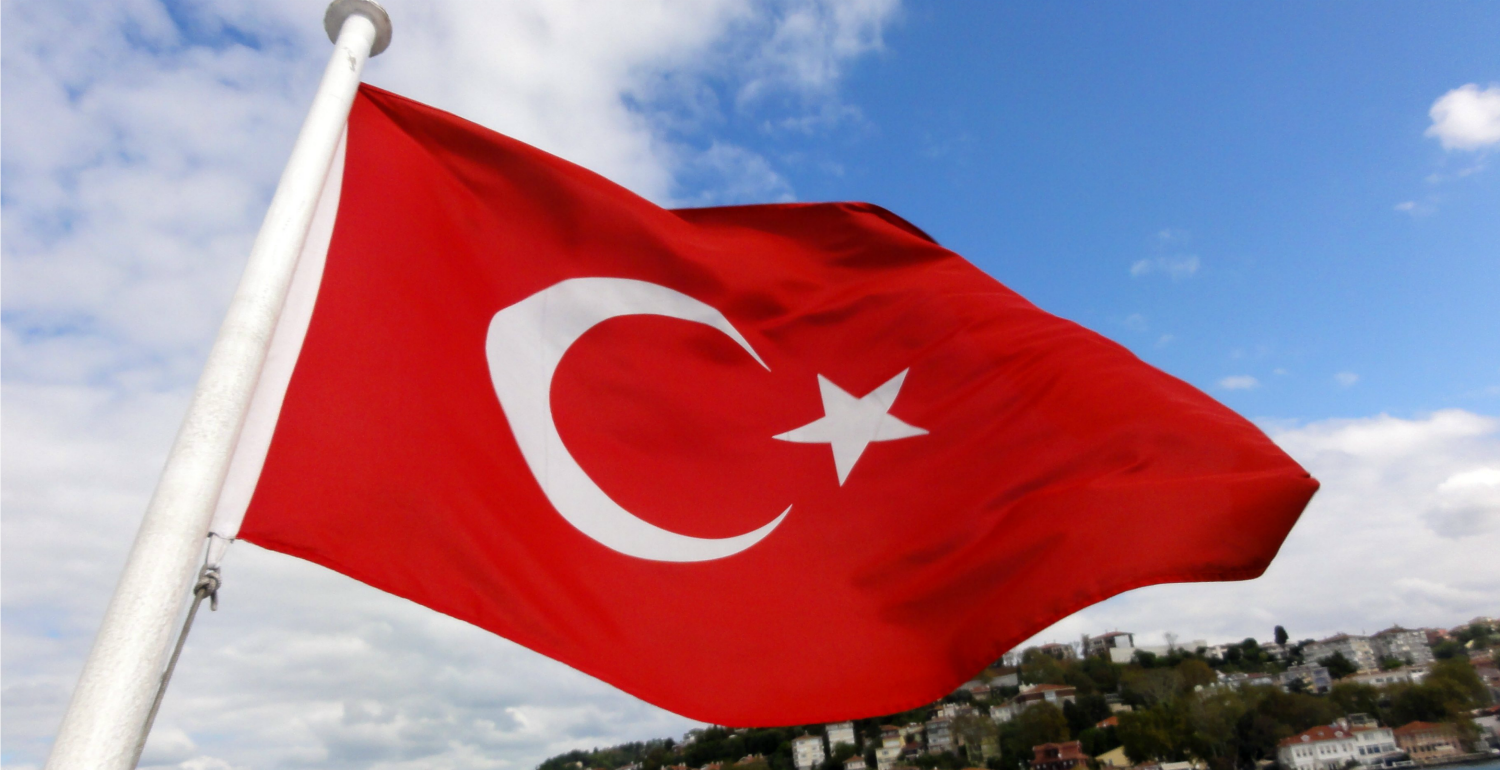Since September 12, 1980, many governments, international bodies and nongovernmental organizations have taken an extremely active interest in the human rights situation in Turkey. That date marked the third time in as many decades that the Turkish military had taken power, this time in the wake of governmental paralysis, political polarization, and an uncontrolled wave of violence and terrorism which even civilian-imposed martial law could not stem.
Still in power in 1982, the ruling generals had made it clear that power would not be returned to civilian hands until, in their view, the causes of the previous unrest had been eliminated. Political activities remained restricted, and large numbers of Turkish citizens were in prison awaiting trial on a variety of politically related charges. Allegations of serious human rights abuses were widespread.
The Commission had been urged by nongovernmental organizations, by Members of Congress, and by parliamentarians in other NATO countries, to investigate the charges of abuse. A staff delegation visited Turkey from August 22-29, 1982, and its report represented one of the first open expressions of concern about the Turkish situation by official representatives of the United States.
Since the October 1982 report, the Commission, Members of Congress, various international bodies, and a variety of private organizations have followed events there with great interest. In the past six years, certain sanctions have been applied by the international community, and have been rescinded as progress was made in im proving the human rights situation. In light of its ongoing interest m Turkey, and the concern which private organizations continue to express, the Commission felt it appropriate to visit Turkey again and to assess the situation once more.
The Commission believes that, since the previous staff report, Turkey has made impressive strides toward a full restoration of human rights and the democratic process. The past six years have seen a renewal of the national commitment to achieving democratic ideals for all Turkish citizens and patterns of tolerance have emerged. They are being strengthened by institutional reform, a citizenry largely committed to the democratic process, and by the activities of the press and various private organizations.
The Commission also believes that certain human rights problems, which often predate the 1980 military takeover, persist in Turkey. The report describes them and certain measures which are being undertaken in order to deal with them.
This report by the staff, describing developments since the 1982 report and assessing the current state of affairs, is a product of the Commission’s continuing interest in Turkey’s progress toward full democratization. The hard-won national independence of 1923 en compassed a vision of the future which incorporated a proud historical heritage in a Western framework. The profound changes that followed required great national will and commitment. It is the Commission’s hope that the momentum of Turkish human rights improvements will be sustained. Turkey is a geographical and cultural bridge between Europe and the Middle East, and the Turkish experience may serve as a lesson for both worlds.









